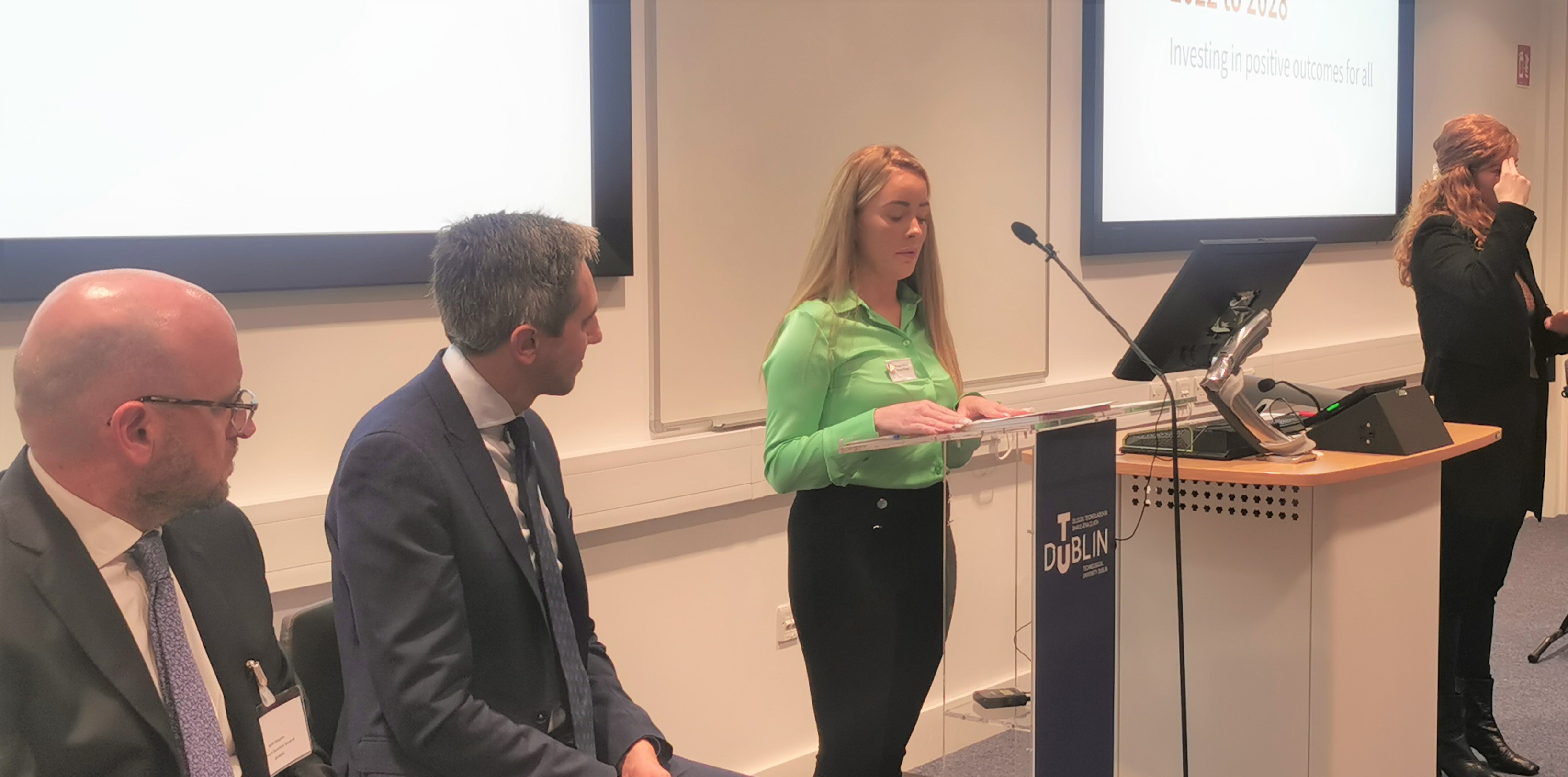Pavee Point welcomes education funding announced this week that will see the introduction of initiatives to drive better outcomes for Traveller and Roma students.
Under the 2022 Dormant Accounts Fund Action Plan, the Department of Education received €400,000 to tackle education disadvantage for Traveller and Roma communities and to support attendance, participation and retention among Traveller and Roma learners.

As part of this, 10 new home-school community liaison (HSCL) coordinator posts are created in 14 non-DEIS post-primary schools supporting Traveller and Roma students. Their role will be to work primarily with Traveller and Roma students to improve school attendance, participation, retention, progression and outcomes.
This focus on liaison work is important
“This focus on liaison work is important and it is welcomed that the Department has secured and introduced these initiatives,” said Pavee Point Community Worker Megan Berry. “These schools have been selected based on high percentage of Travellers enrolled in the schools. The fact that these posts are created in non-DEIS schools is important, considering a significant number of Travellers are in non-DEIS schools and do not benefit from the supports of DEIS schools”, she said.

The Department of Education also received €100,000 to support Traveller and Roma learners as they transition from early learning and care settings to primary school, and from primary to post-primary school and onwards. This fund is to be delivered by Tusla Education Support Services (TESS).
“While we welcome these initiatives, is vital that such measures are also monitored and reviewed, and that we have the data to monitor the outcomes of the initiatives.
Also need a wider framework within which the initiatives are rolled out, implemented and monitored.
